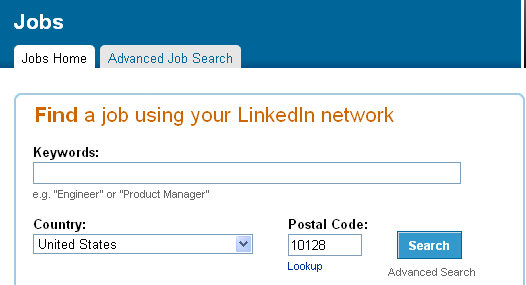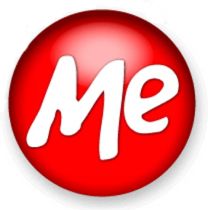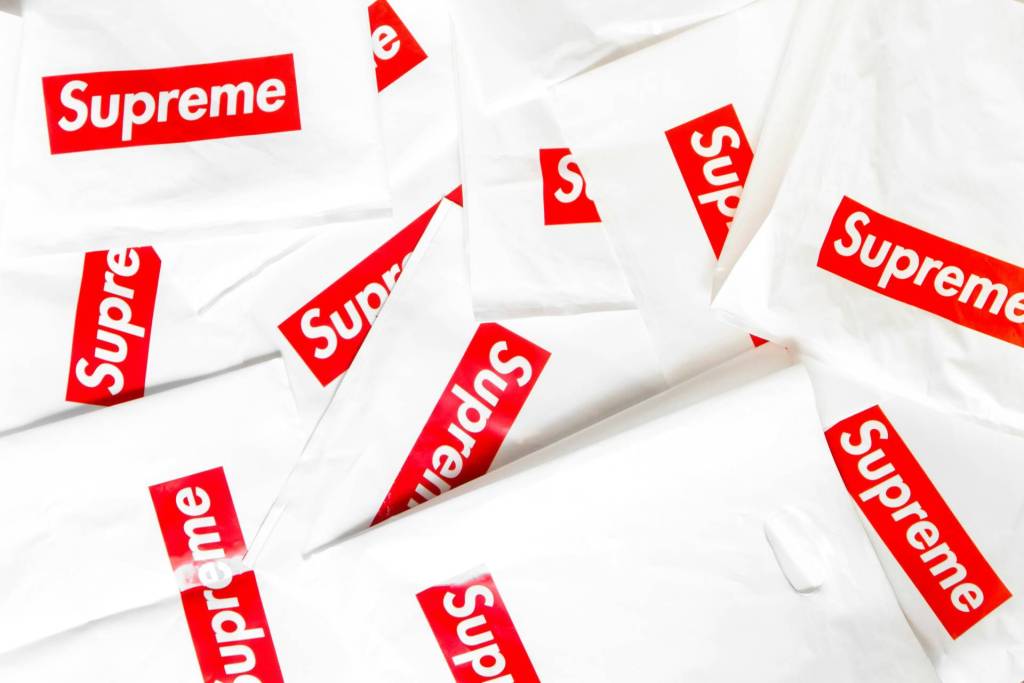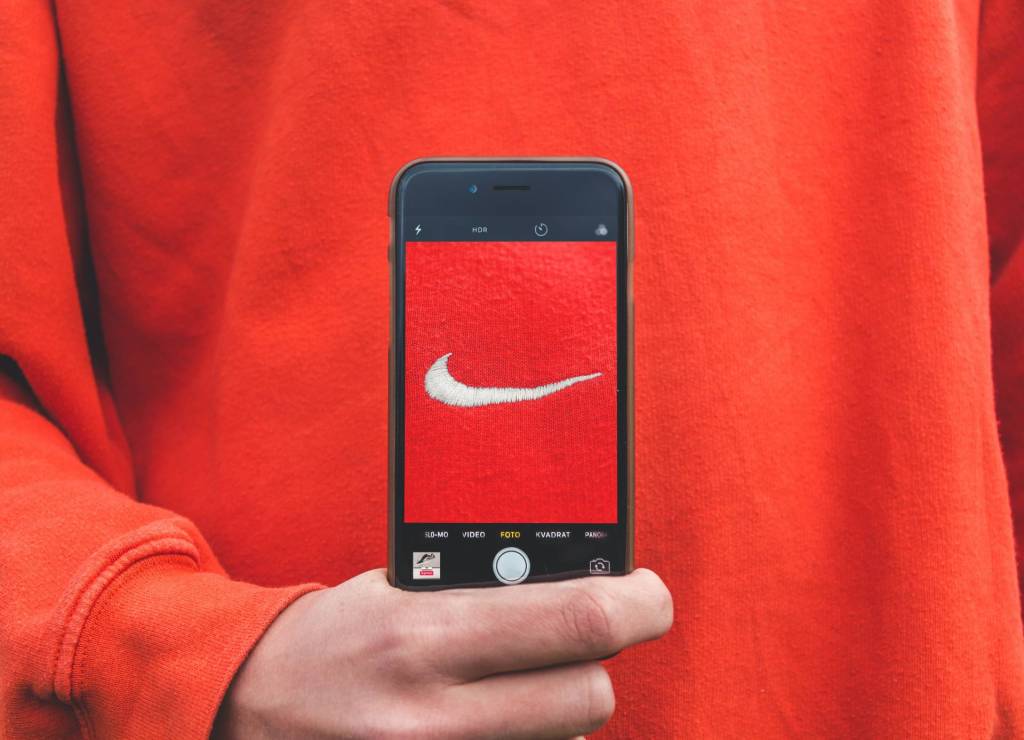Today, I spoke to Jason Alba, who is a good friend of mine and one of the first bloggers I met when I started out a few years ago. Jason is the founder of JibberJobber.com, as well as the author of two books, a DVD and various other projects. In this interview, Jason tells us how to use LinkedIn to get a job, explains his revenue model, gives us some networking tips and why building a personal brand is important.
What do most people not know about how to use LinkedIn to get a job?
If I were to make a generalization, it would be that most people don’t know what to do on LinkedIn for a job search (or for career management). There is the obvious stuff you read about in articles, but I see a lot of people getting started, doing some stuff, and perhaps thinking the job offers (and network contacts) will come to them. Specifically here are a few things people might not know:
- Your LinkedIn Profile matters. That is why I spend more than 20 minutes critiquing people’s Profiles on the DVD. Beef it up.
- You must have a sizeable network. Not huge, but more than 50 people. Let’s go one step further, lest you think I advocate getting a big network fast – you must have relevant connections.
- You should work on nurturing individual relationships. LinkedIn is not a place to collect contacts and let them sit there, rather it’s a tool to help you share your brand and learn about your contacts.
- There are some awesome, underutelized tools on LinkedIn. Like the new(er) Company search. Or the advanced people search. Or the Groups (less all the discussion spam). Really, there’s more to LinkedIn than meets the eye, and too many people don’t get deep enough.
- LinkedIn is not your job search silver bullet. You must be there, of course, and have a fairly active strategy, but there are other places to be in the social space.
You’ve talked about your revenue streams on your blog before. Why is it important to have more than one?
The blog series about multiple streams of income came from an exercise I went through with my own company, but I can hardly separate my company goals and strategy from a personal “Me, Inc.” strategy. I started my company thinking I was going to get rich from user upgrades, but found that would only progress at a certain rate, and I had time and capacity to do more. I also had the need to fill in the money gaps, so I looked for other ways to do that.
People asked how I was making money, and I could always name five different ways, but one day I sat down and listed out all of my revenue streams and came up with TEN revenue streams. They are all fairly complementary, and all work towards a bigger goal, but I’ve found it’s helpful to have some revenue streams that can kick in when others are low. Some are steady performers while others are quite fickle. They all tie into my idea of “income security,” with the goal of creating a model that will help me secure a certain income, regardless of who my employer is. In business we call it diversification.
So I ask you, what are your revenue streams? Some might be $100 a month (ebay business), others might be $5,000 a month (salary) – but please tell me you have or are working on more than one revenue stream.
Why am I so passionate about this? Because when I got laid off in 2006, I had no other revenue streams. If I were to have others, I could have worked on growing those, and had some kind of peace of mind.
Can you talk about all the major projects you’re handling now? Why did you create a DVD of your work?
My main projects include:
- JibberJobber.com. This is a website that replaces the job search spreadsheet. We just finished our third year annivarsy, which is awesome. Many people have figured out it’s much more than a job search tool – it’s a personal relationship mangement tool to use whether you are in a job search or not.
- My books. I wrote I’m on LinkedIn – Now What??? and coauthored I’m on Facebook – Now What??? (needs an update!) and have a few other books in the works right now. One of them, which I’m really excited about (because it’s so challenging) is a children’s book based on a story I made up one night for my kids.
- LinkedIn for Job Seekers DVD. I have spoken quite a bit over the last 20 months and always wish I get go deeper into the LinkedIn features. This DVD allowed me to create a training in an awesome format, and help people understand how to get more value out of various features LinkedIn has to offer.
- Speaking and consulting. I don’t pursue this revenue stream much but I spend a fair amount of time doin g it… I love it but it’s not easy. Anyone who is interested in this, I strongly recommend you check out your local chapter of National Speakers Association meetings.
I’m working on learning how to optimize my various revenue streams, while increasing the value of JibberJobber.
What networking tips have you learned in the past few years that have helped you?
- Grow your network. You’ve done a masterful job growing your relationships, which includes getting larger networks in various social environments as well as face-to-face and local networks.
- Nurture relationships. This is not easy to do, and super important. No one wants to feel like a number, and if you don’t work on nurturing individual relationships people can feel like a pawn in your game.
As your network gets bigger it’s more important to use a relationship management tool, whether it’s JibberJobber or a sales CRM (salesforce, goldmine, ACT!, etc.).
From your experience, why is establishing a personal brand important?
When I started my job search no one knew who I was. I had to educate people on  Jason Alba and that education process can suck. A big problem with us educating others about ourselves is that we do a bad job representing ourselves. This is where branding comes in – it decreases the need for educating others.
Jason Alba and that education process can suck. A big problem with us educating others about ourselves is that we do a bad job representing ourselves. This is where branding comes in – it decreases the need for educating others.
Think about some of the brands and products that you know about – BMW, your favorite tooth paste, toilet paper, computer or monitor, candy, hamburger… the education is done already, and there’s very little left for you in order to make a purchasing decision.
Transfer that idea to your personal brand – if you have to spend time educating others on you and what you do and what you have to offer, you are missing out on opportunities to go to the next level. I wonder how my job search would have been different if I had a personal brand that others knew about, whether it was online or offline. Having that brand has to help you move on quicker, whether its with a personal relationship or in a job interview or in selling your products and services.
—-
Jason Alba is the career management evangelist. After getting laid off in January 2006, having great credentials and in a job-seeker’s market, Jason could hardly get a job interview. He decided to step back and figure out the job search process and understand all of the available resources. Within a few months he designed JibberJobber.com, which helps professionals manage career and job search activities the same way a salesman manages prospects and customer data. Read Jason’s award-winning blog at JibberJobber.com/blog, and his first book, I’m on LinkedIn — Now What??? and his latest book is called I’m on Facebook — Now What???.












